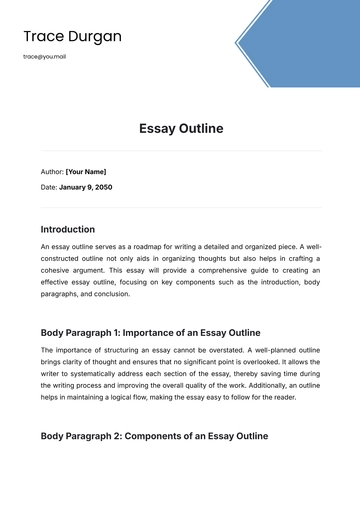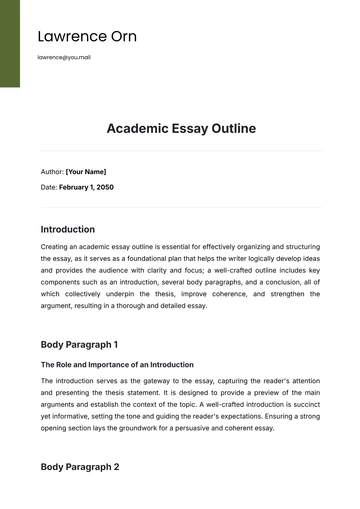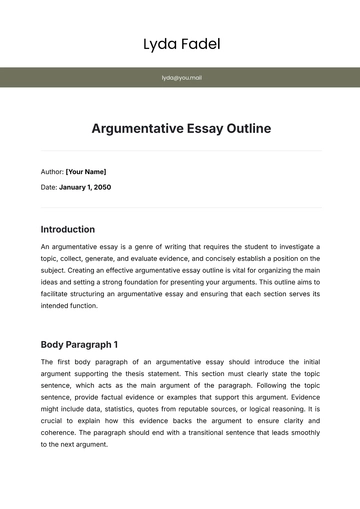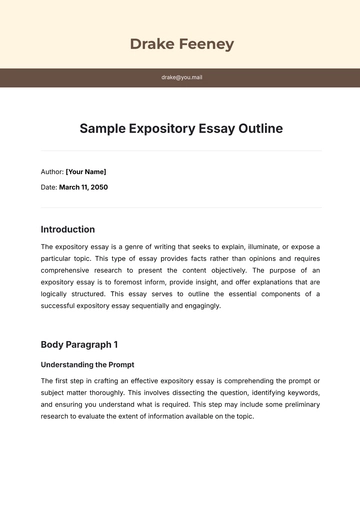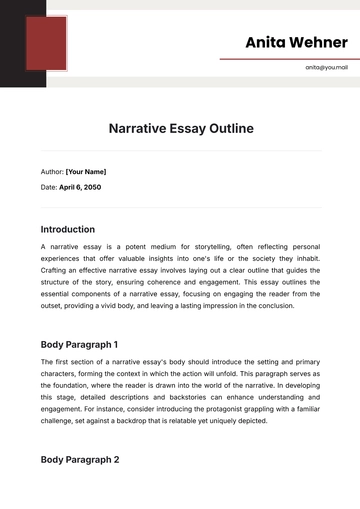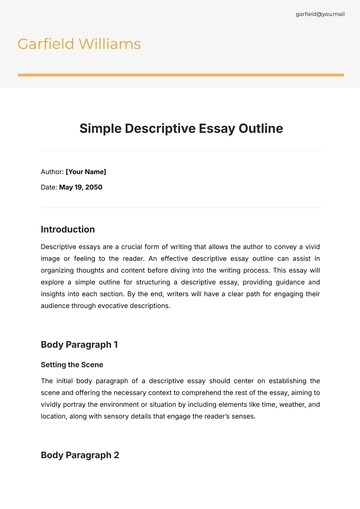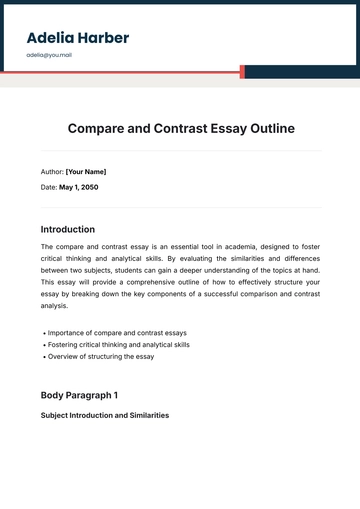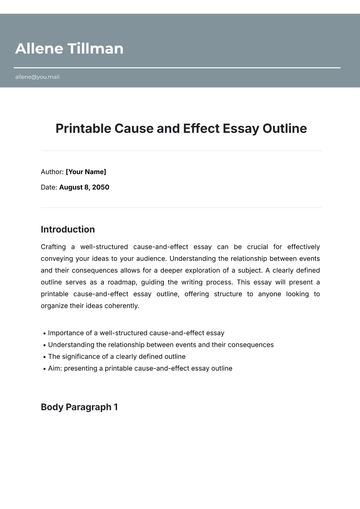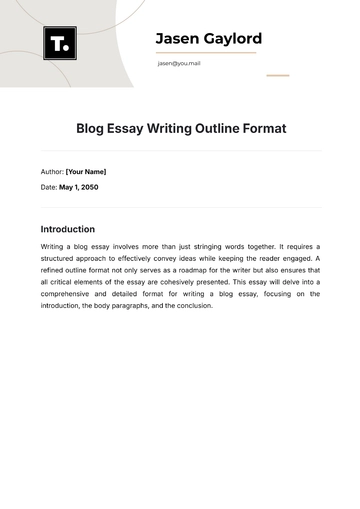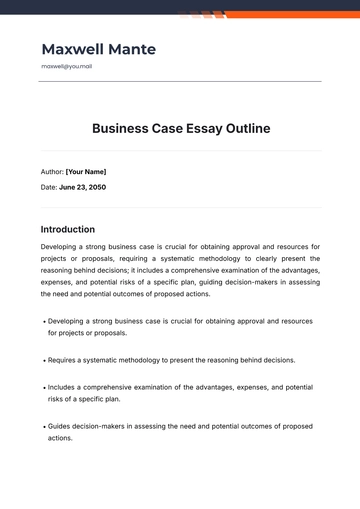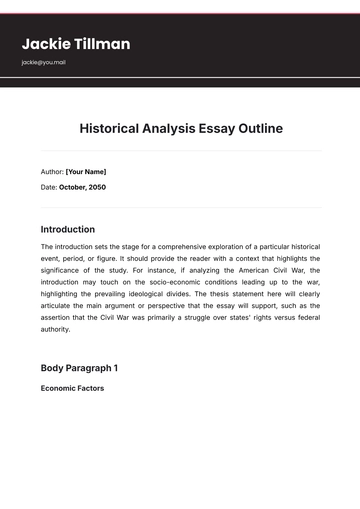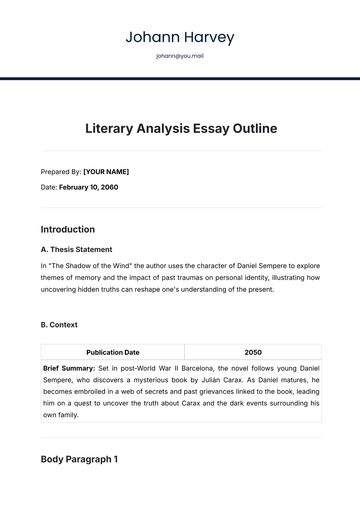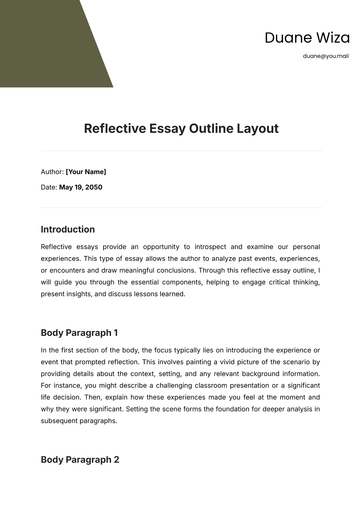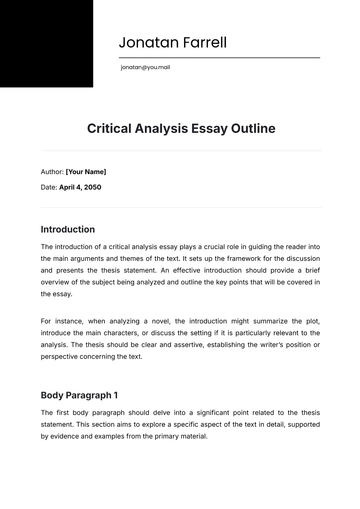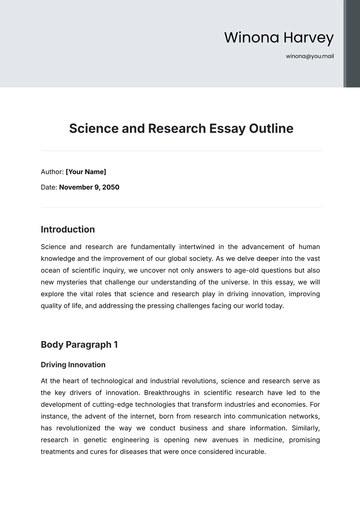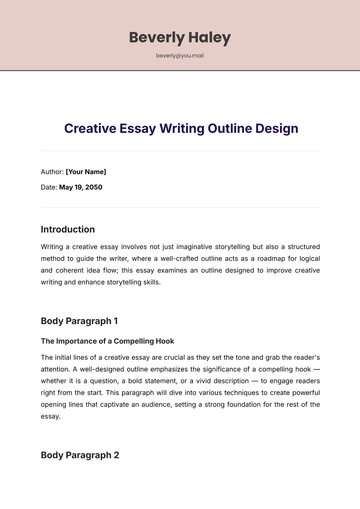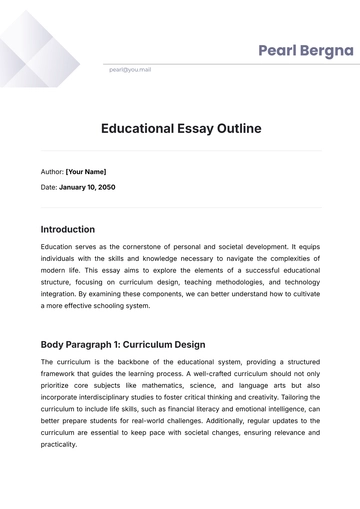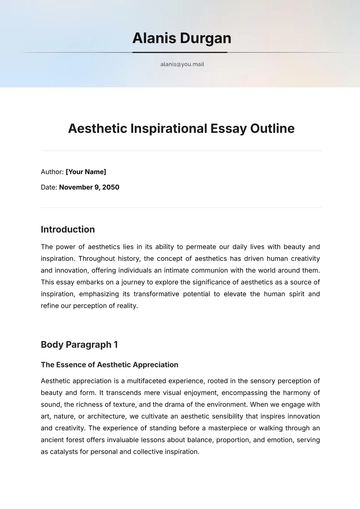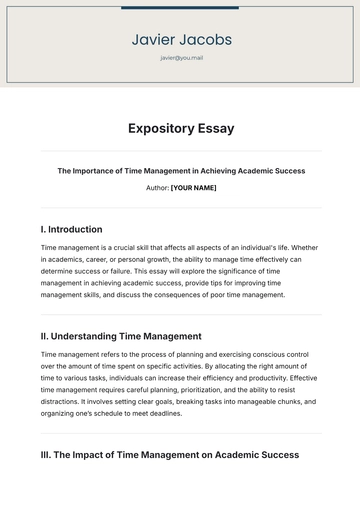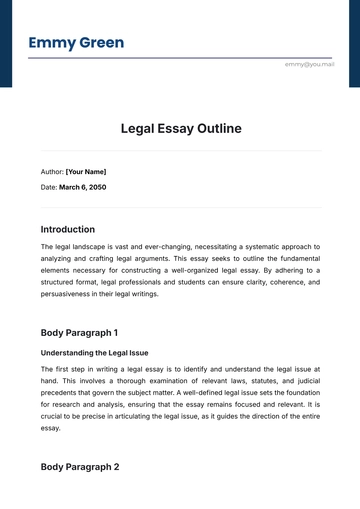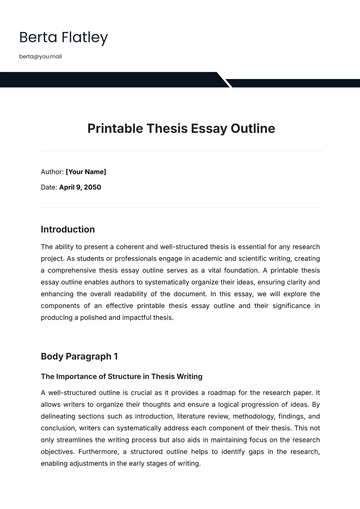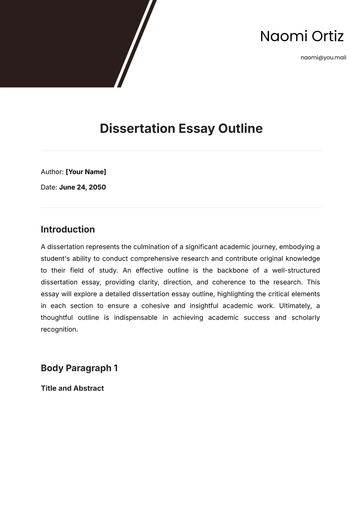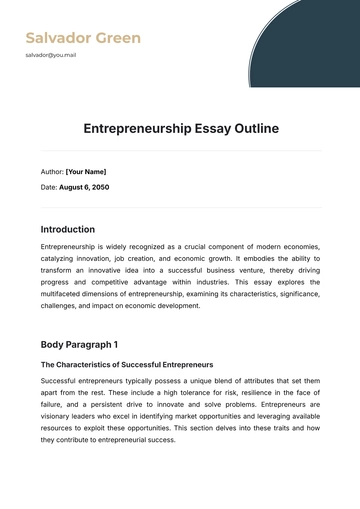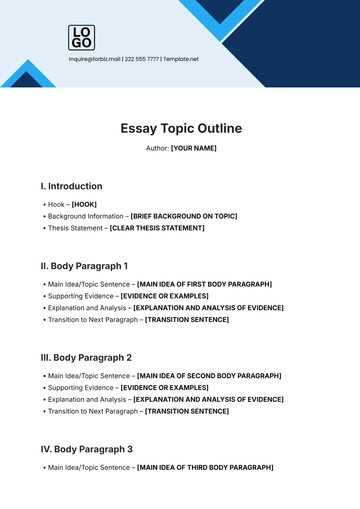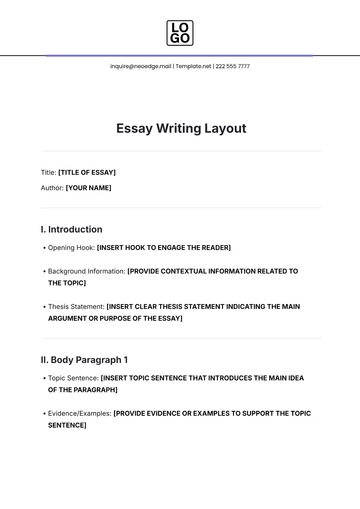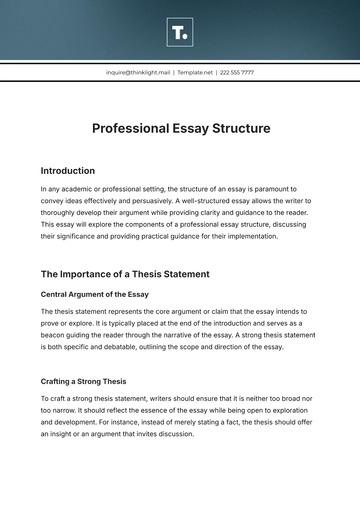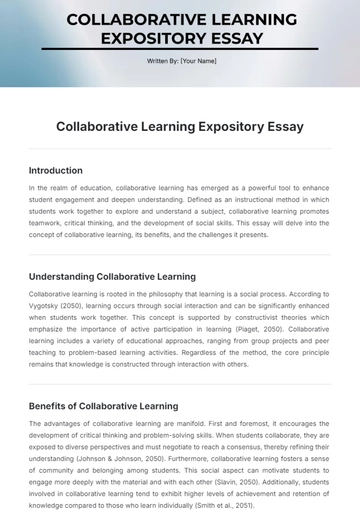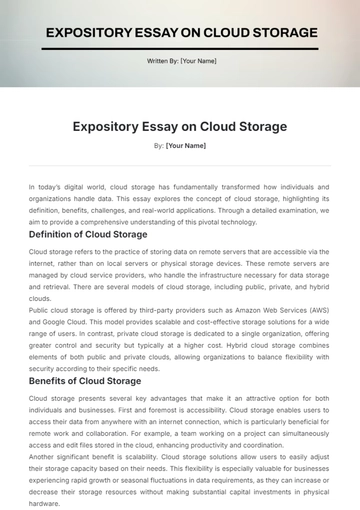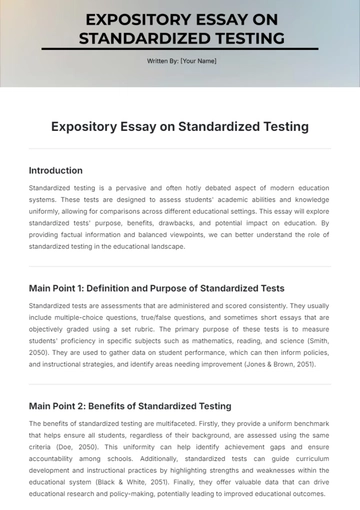Free Internet Censorship Expository Essay
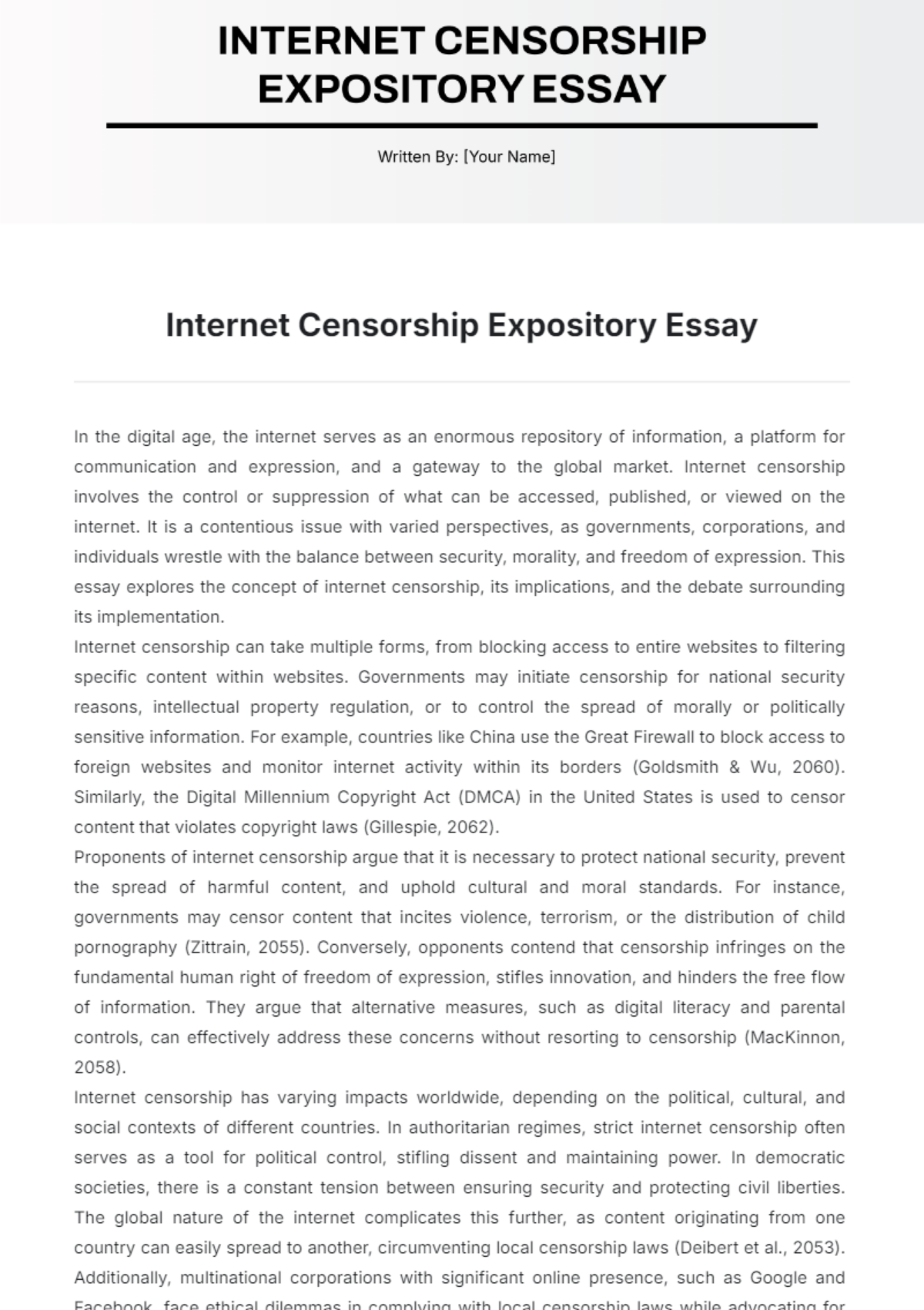
In the digital age, the internet serves as an enormous repository of information, a platform for communication and expression, and a gateway to the global market. Internet censorship involves the control or suppression of what can be accessed, published, or viewed on the internet. It is a contentious issue with varied perspectives, as governments, corporations, and individuals wrestle with the balance between security, morality, and freedom of expression. This essay explores the concept of internet censorship, its implications, and the debate surrounding its implementation.
Internet censorship can take multiple forms, from blocking access to entire websites to filtering specific content within websites. Governments may initiate censorship for national security reasons, intellectual property regulation, or to control the spread of morally or politically sensitive information. For example, countries like China use the Great Firewall to block access to foreign websites and monitor internet activity within its borders (Goldsmith & Wu, 2060). Similarly, the Digital Millennium Copyright Act (DMCA) in the United States is used to censor content that violates copyright laws (Gillespie, 2062).
Proponents of internet censorship argue that it is necessary to protect national security, prevent the spread of harmful content, and uphold cultural and moral standards. For instance, governments may censor content that incites violence, terrorism, or the distribution of child pornography (Zittrain, 2055). Conversely, opponents contend that censorship infringes on the fundamental human right of freedom of expression, stifles innovation, and hinders the free flow of information. They argue that alternative measures, such as digital literacy and parental controls, can effectively address these concerns without resorting to censorship (MacKinnon, 2058).
Internet censorship has varying impacts worldwide, depending on the political, cultural, and social contexts of different countries. In authoritarian regimes, strict internet censorship often serves as a tool for political control, stifling dissent and maintaining power. In democratic societies, there is a constant tension between ensuring security and protecting civil liberties. The global nature of the internet complicates this further, as content originating from one country can easily spread to another, circumventing local censorship laws (Deibert et al., 2053). Additionally, multinational corporations with significant online presence, such as Google and Facebook, face ethical dilemmas in complying with local censorship laws while advocating for free speech and information access.
Internet censorship is a complex and multifaceted issue. While it offers means to protect society from harmful content and ensure national security, it also raises significant ethical and practical concerns regarding freedom of expression and information access. As technology continues to evolve, finding a balanced approach that respects individual rights while addressing legitimate concerns remains an ongoing challenge for governments, corporations, and society as a whole.
- 100% Customizable, free editor
- Access 1 Million+ Templates, photo’s & graphics
- Download or share as a template
- Click and replace photos, graphics, text, backgrounds
- Resize, crop, AI write & more
- Access advanced editor
Craft an insightful essay on internet censorship with this fully customizable template from Template.net. Perfect for students and researchers, this editable template provides a clear structure, making it easy to write and format your essay. Edit and refine your work seamlessly in our AI Editor Tool.
